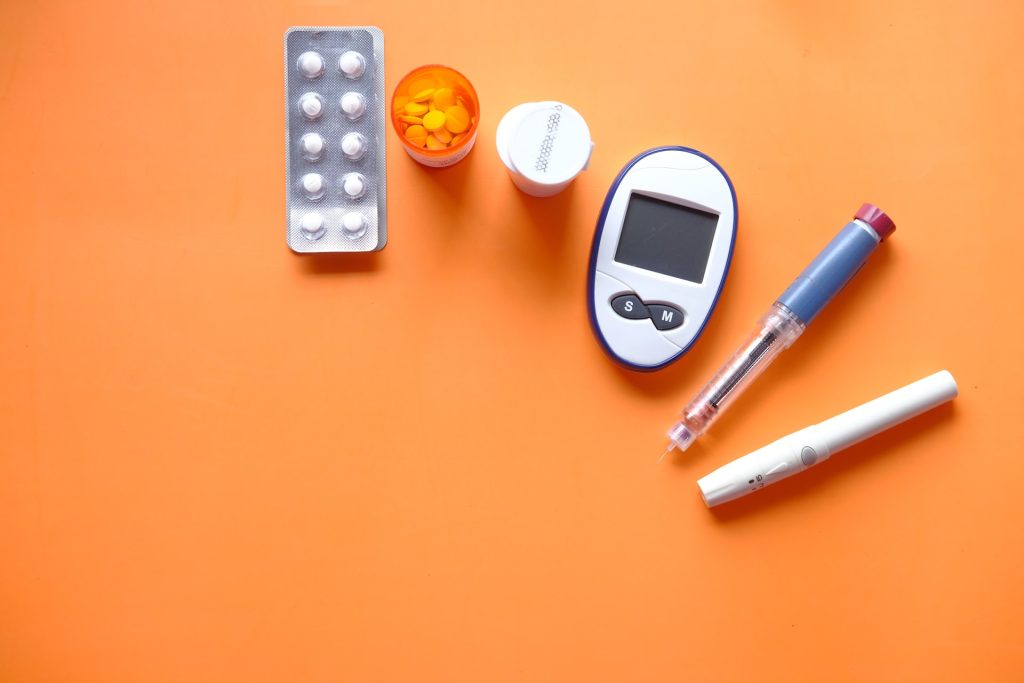In Some Diabetes Patients, Intermittent Fasting Induces Remission

After an intermittent fasting diet intervention, patients achieved complete diabetes remission, defined as an HbA1c level of < 6.5% at least one year after stopping diabetes medication, according to a new study published in the Journal of Clinical Endocrinology & Metabolism.
Intermittent fasting diets, which involve restricting eating to a specific window of time, have become popular in recent years as an effective weight loss method. Previous studies have shown that intermittent fasting can lower the risk of diabetes and heart disease.
“Type 2 diabetes is not necessarily a permanent, lifelong disease. Diabetes remission is possible if patients lose weight by changing their diet and exercise habits,” said Dongbo Liu, PhD, of Hunan Agricultural University in China. “Our research shows an intermittent fasting, Chinese Medical Nutrition Therapy (CMNT), can lead to diabetes remission in people with type 2 diabetes, and these findings could have a major impact on the over 537 million adults worldwide who suffer from the disease.”
The researchers conducted a 3-month intermittent fasting diet intervention among 36 people with diabetes and found almost 90% of participants, including those who took blood sugar-lowering agents and insulin, reduced their diabetes medication intake after intermittent fasting. Fifty-five percent of these people experienced diabetes remission, discontinued their diabetes medication and maintained it for at least one year.
The study challenges the conventional view that diabetes remission can only be achieved in those with a shorter diabetes duration (0–6 years). Sixty-five percent of the study participants who achieved diabetes remission had a diabetes duration of more than six years (6–11 years).
“Diabetes medications are costly and a barrier for many patients who are trying to effectively manage their diabetes. Our study saw medication costs decrease by 77% in people with diabetes after intermittent fasting,” Liu said.
Source: The Endocrine Society




